ASEAN countries, including Indonesia, imported scraps to be separated, reprocessed, and export domestically collected plastic scraps to China. These countries import around 3% of the global trade (2011 data) and export around 5% of the worldwide trade. China has been taking the role to import the world’s plastic waste and scrap, cumulatively between 1988-2016 absorbing 45.1% global plastic waste and scraps.
However, in March 2018 China issued the National Sword Policy to strictly regulate their import of several commodities, especially plastic waste and scrap, shaking global plastic waste trade.
“We found two major types of plastic waste and scrap from paper company imports at Gresik,” explained Prigi from Ecoton. “There is plastic scrap mixed with paper scraps that are not suitable to be recycled. The remaining of those wastes are sold and utilized as fuel for tofu-making, or other processes in some home-based industries. Secondly, there are other types of plastic packaging: bottles, sachets, food packaging, personal care products, and household products sold to small-medium businesses and recyclers. The communities only enjoy the benefits for the short term. It is not sustainable.”

Despite Indonesia and some ASEAN countries’ role as re-processing countries of plastic waste and scrap, China’s strong policy has increased the burden on these countries indirectly. Some of these ASEAN countries have responded to the global plastic waste trade shift by re-regulating their import policies.
Malaysian government revoked 114 company import permits, restricting their standards on plastic waste imports, and targets for a permanent ban on plastic waste imports in 2021., Thailand also targets for plastic waste and scrap prohibition due to their import increase from the US 2,000% (91,505 tons) in 2018. Vietnam is stopping their new licenses for waste import as their built-up on containers of plastic, paper, and metal scrap at their ports.
“Looking at the progressive development of our neighboring countries, it is only natural for our government to do the same. Indonesia Government is obliged to limit waste generation, including sources from plastic waste trade. For this reason, the government must review or tighten the arrangements for importing plastic scrap and waste for importing companies. The government must also take action on plastic household waste import under the guise plastic scrap and waste imports. Import of plastic household waste is a prohibited act with criminal threats,” explained Fajri, researcher of ICEL.
“Malaysia and Thailand also target to close their door on plastic waste import. Indonesia is a potential scrap receiver from other countries,” said Tio, Toxics Program Officer of BaliFokus/Nexus3. “Importers must be responsible for handling the imported plastic scrap until the end of the process and the pollution from these transboundary waste transactions.”
“Some of the ingredients and additives of plastic products are recognized as carcinogenic chemicals and banned in developed countries,” further explained by Yuyun of BaliFokus/Nexus3. “Recycling plastic with hazardous chemicals is not only disrupting the fate of plastic lifecycle but also downgrading circular economy to circular toxics.”
China’s import restriction starts as the Operation Green Fence on 2013 for eight months, continued to their notification to the World Trade Organization on November 2017, officially took into force on March 2018 known as National Sword Policy. On our end, Indonesia is also indirectly affected by our import increase of plastic waste and scrap on 2013 (124,433 tons) and 2018 (283,152 tons), making those years our two most substantial imports on the last ten years, based on Indon
esia Statistics and UN Comtrade data.
Indonesia Statistics shows 141% import increase (283,152 tons) of plastic waste and scrap, while exports decreased 48% (98,450 tons) on 2018 alone, creating 184,702 tons of additional plastic waste burden on our domestic waste. Exports and imports are operating from business-to-business; however, sometimes there are irresponsible practices in reality: companies are selling or providing their imported plastic waste and scrap to collectors outside of their factories.
At United National Environmental Assembly 4 (UNEA 4) last week, USA held back resolutions intended to reduce plastic production and consumption to a specific target, stating that the increase of the plastic product is not a problem if waste management improves progressively. “This is ironic, considering the USA is the second largest global plastic waste and scrap exporter along 1988-2016 accumulated,” explained David of YPBB who has just returned from UNEA4 in Nairobi.







#lingkungan#kendalikansampahplastik#polusiplastik#goforzerowaste#larang5besarplastik#stopimporsampahplastik#zerowaste#environment#plasticpollution#beatplasticpollution#banthebig5



















